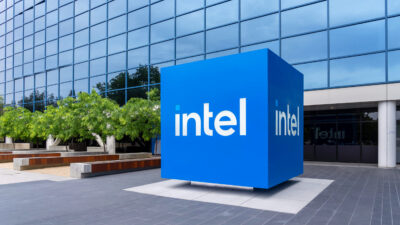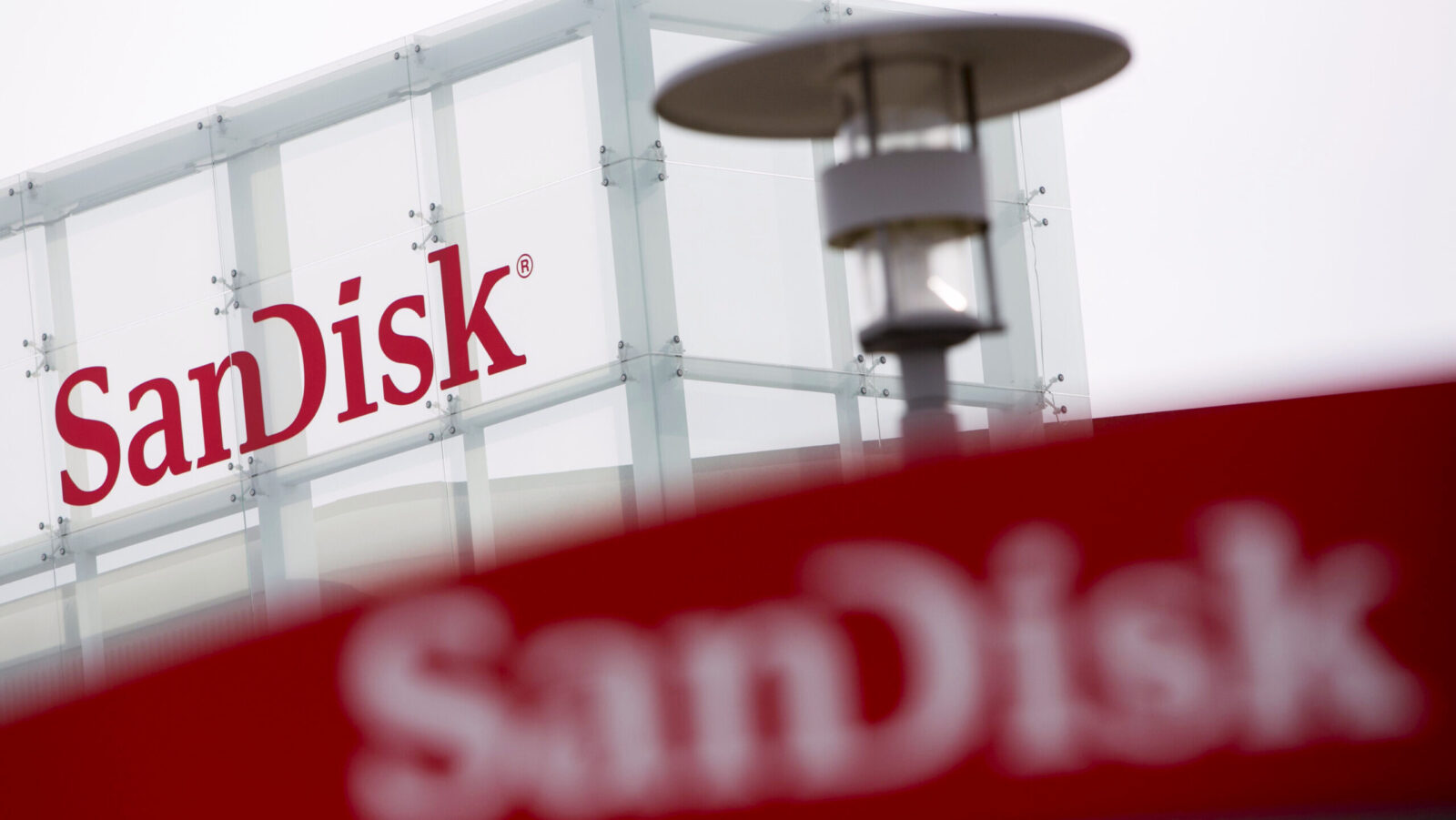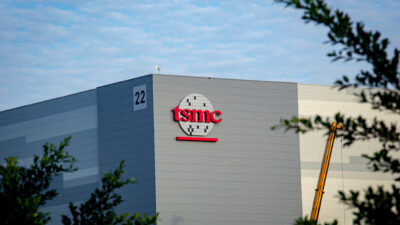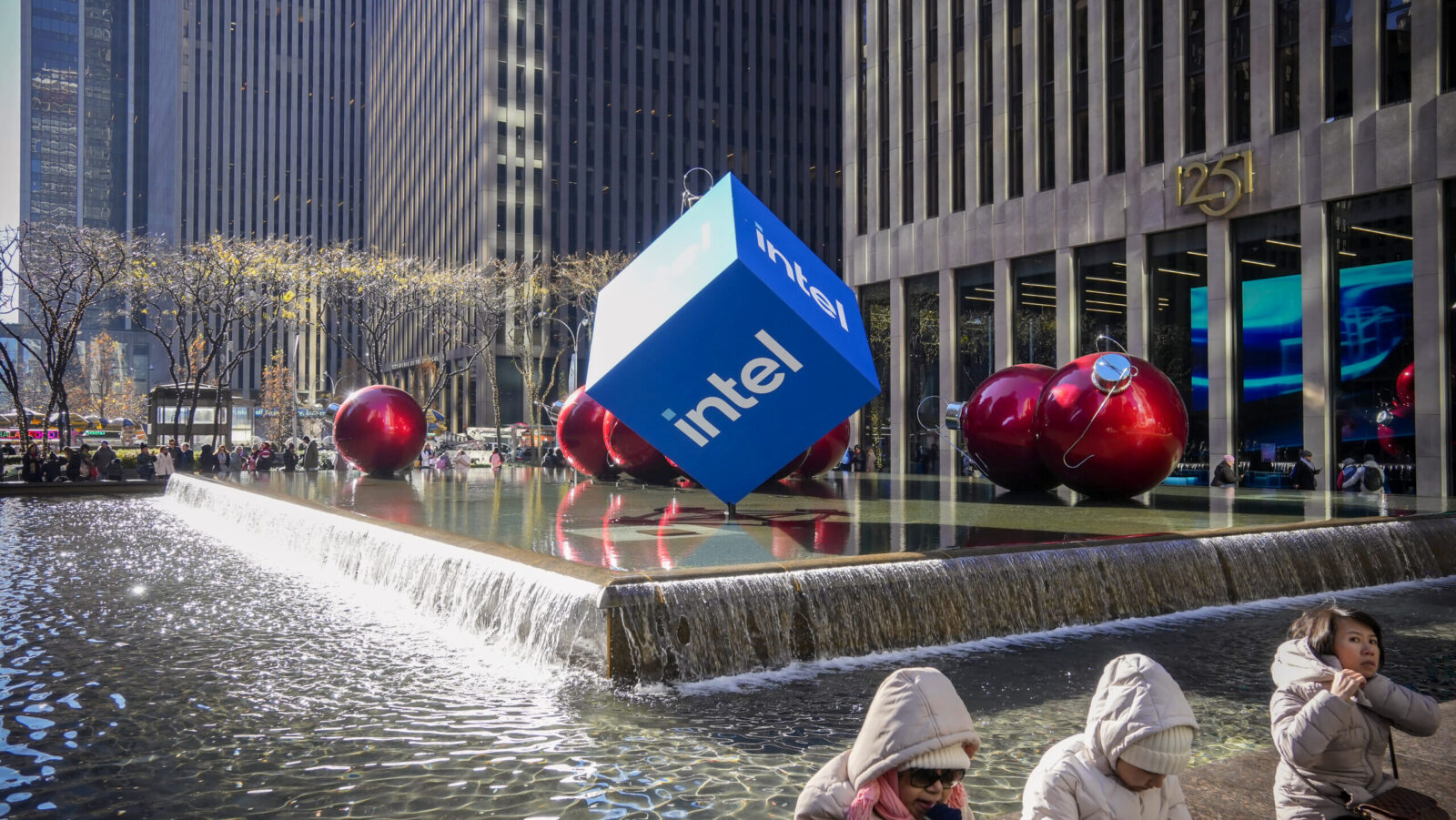Pubmatic Seeks Payback For Google’s Ad Tech Monopoly
Pubmatic’s lawsuit comes after a US Judge ruled in April that Google was maintaining an illegal monopoly in the ad tech industry.
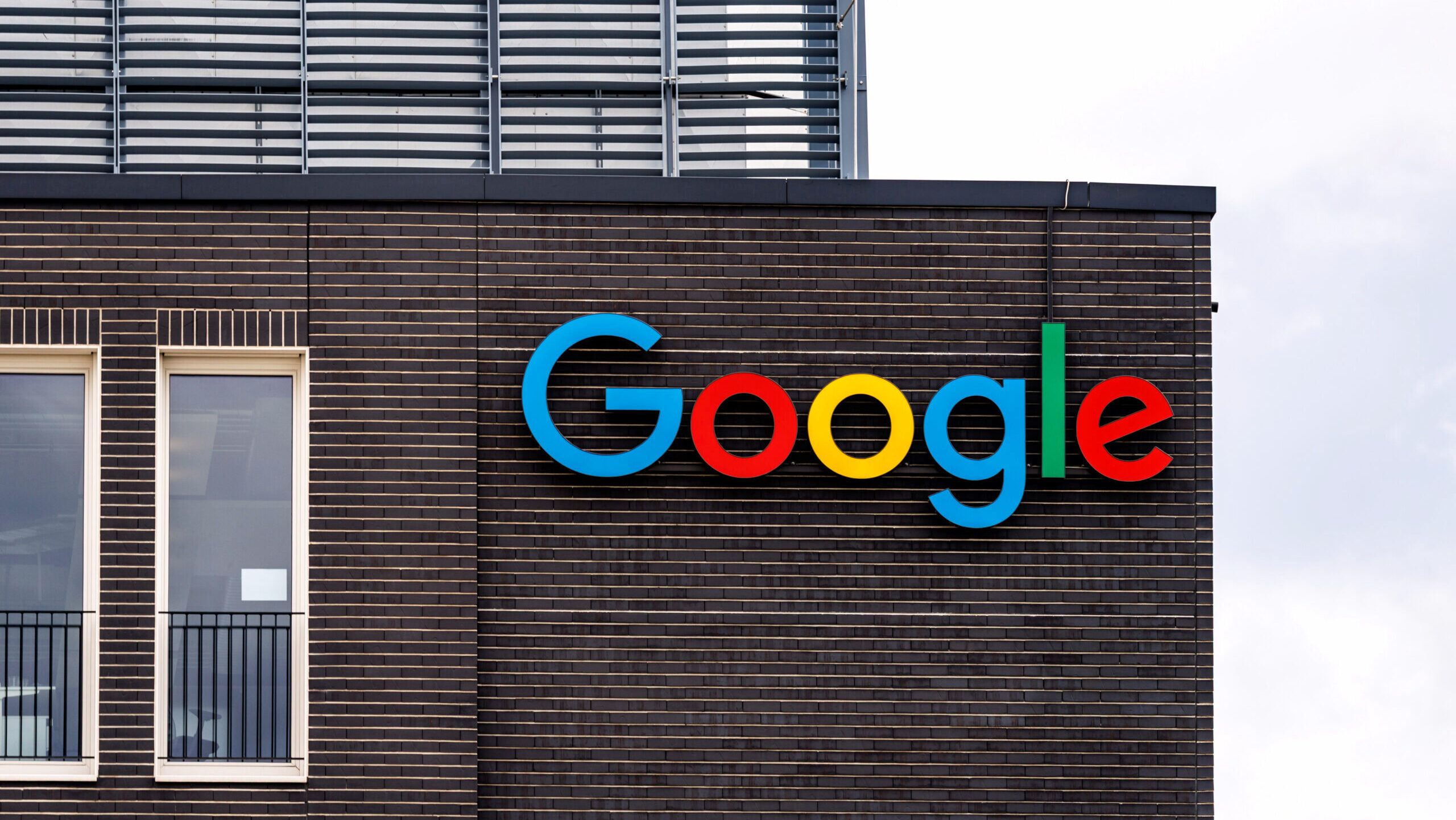
Sign up for smart news, insights, and analysis on the biggest financial stories of the day.
Google’s ad tech monopoly is still in the crosshairs of antitrust regulators, with remedy orders from a US judge expected later this month. But competitor Pubmatic grew weary of waiting.
On Monday, the online ad firm filed a lawsuit against the search titan, seeking billions of dollars in damages it says have been caused by Google’s illegal monopoly.
Ad It All Up
After successfully arguing that Google held an illegal monopoly in the search industry, antitrust regulators at the US Department of Justice pushed for radical solutions such as a forced divestiture of its Chrome browser. Instead, a federal judge last week ordered comparatively light-touch remedies, including a ban on “exclusive” search engine deals with third parties and forcing the company to make available one-time snapshots of its treasure trove of search data. The remedy orders for Google’s search monopoly were essentially an admission that the DOJ’s recommendations were roundabout solutions, and that shifting market dynamics — in this case, primarily the rise of AI chatbots — could crack Google’s search monopoly better than regulators ever could (light touch or not, Google has vowed to appeal the remedy orders).
Breaking up Google’s ad tech business, however, appears more clear-cut:
- Google’s ad tech unit consists of three pieces: One platform that allows advertisers to buy ad space, an ad server side that allows publishers to sell ad space, and software that connects ad buyers with sellers, the ad exchange known as AdX.
- The company was found to be illegally maintaining a monopoly in the latter two spaces in April; in one smoking gun email found amid the lawsuit, a Google executive compared the company’s ad tech market power to “Goldman or Citigroup owning the New York Stock Exchange.” Since the monopoly ruling, the DOJ has pushed for Google to divest AdX and make its tools able to interact with rivals ahead of remedy orders later this month.
Enter Pubmatic. The company says it is routinely victimized by the current monopoly. “Google’s systematic abuse of its vast resources and immense power has harmed our business and distorted a marketplace that should have rewarded innovation and fueled transparency and competition,” CEO Rajeev Goel said in a statement Monday. “Instead, anticompetitive practices limited monetization for publishers, raised costs for advertisers and ultimately reduced choice for consumers.” Pubmatic is preceded by OpenX Technologies, another ad exchange that filed a similar lawsuit last week.
Die Hard: As it did with search, Google seems to be making the appeal that the rise of AI is already cracking its ad tech business. In a court filing from last week, Google posited that “the open web is already in rapid decline,” and that breaking up its ad business could only fuel the decline more. Web publishers and businesses have been hammered by slowing web traffic and subsequent falloffs in display ad revenue. Still, the “rapid decline” may be news to Google CEO Sundar Pichai, who argued the opposite was happening during an interview with The Verge published in May.

